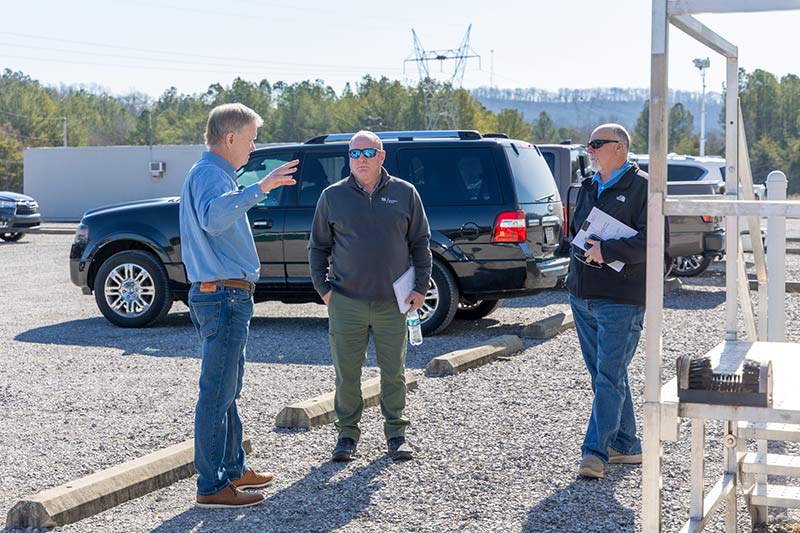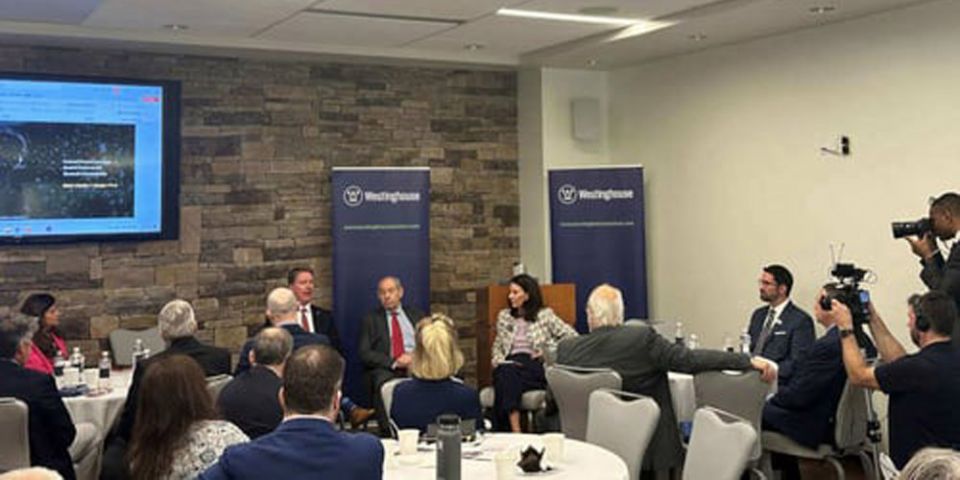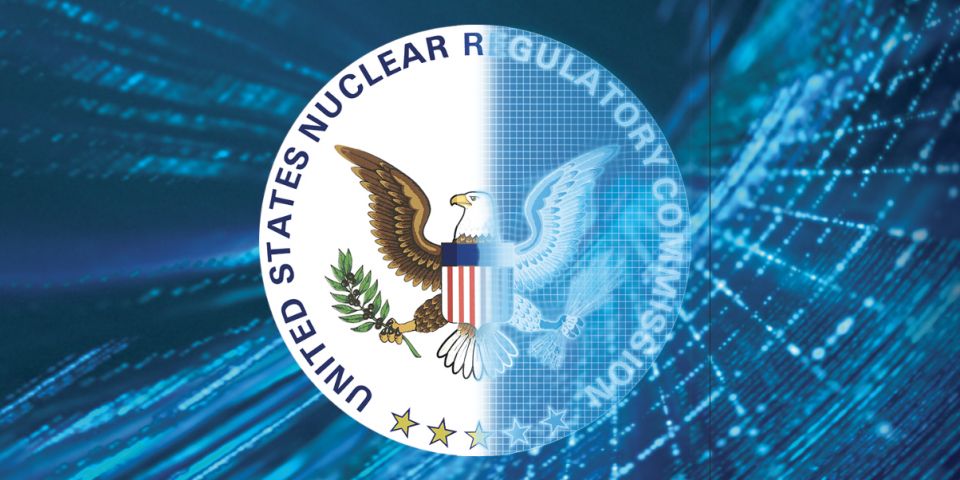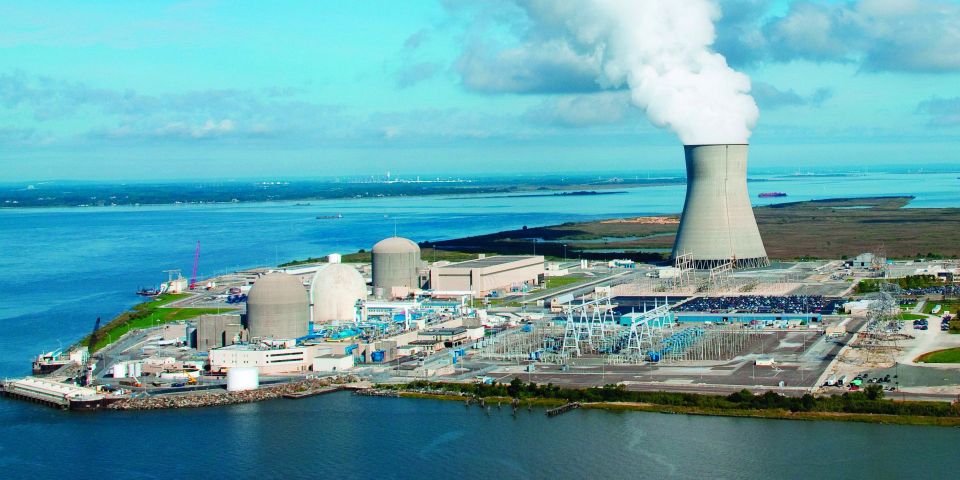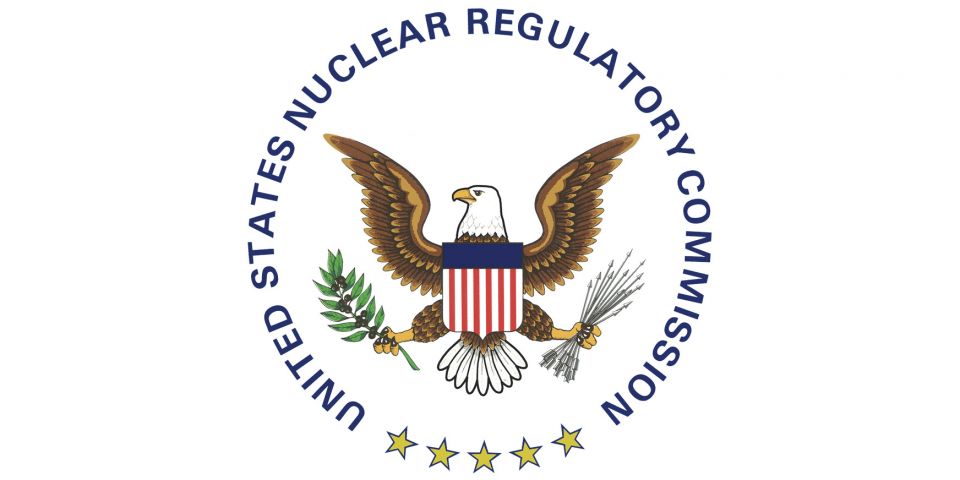NRC nominee Matthew Marzano faces Senate committee
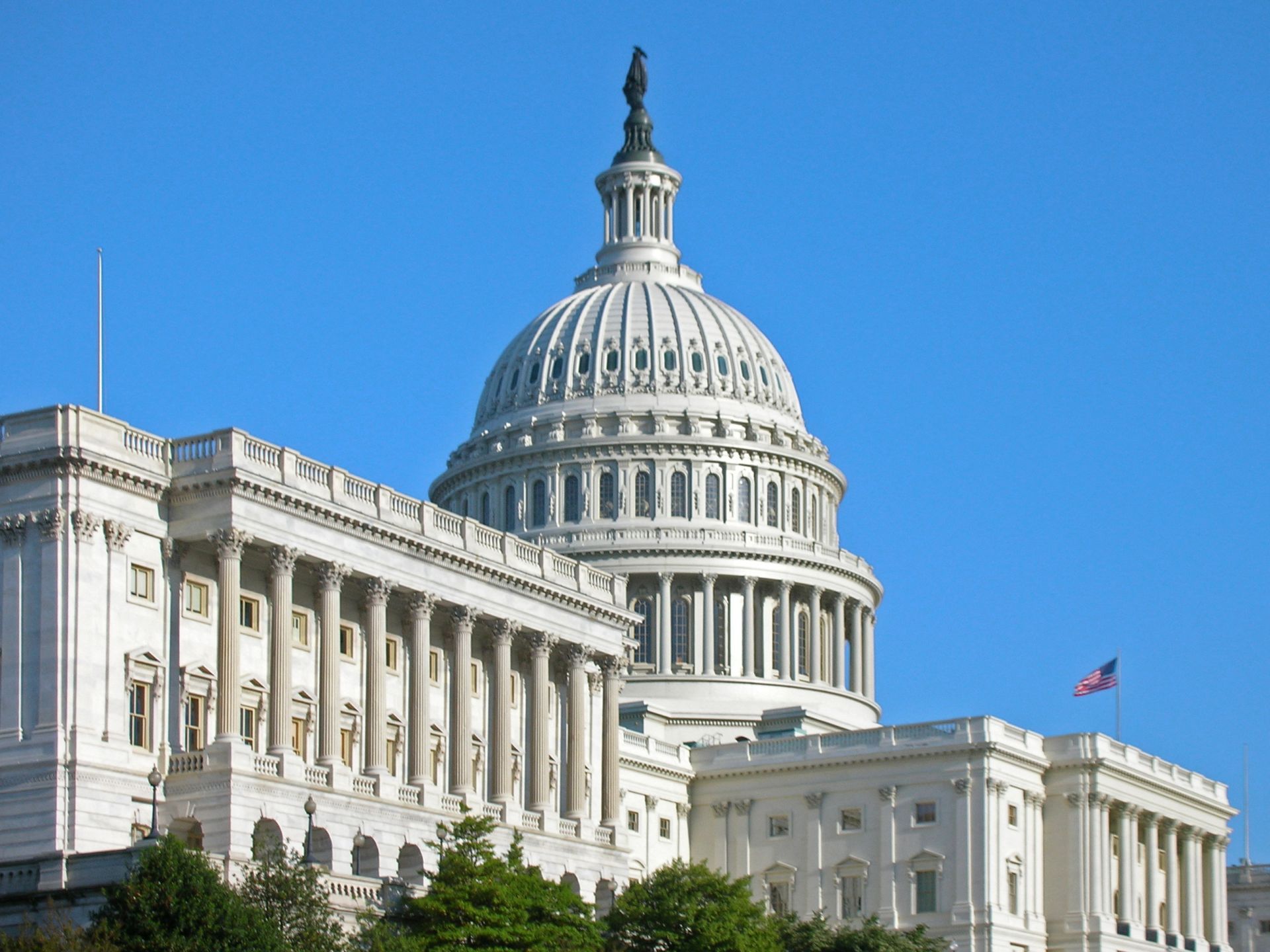
The U.S. Senate’s Environment and Public Works Committee spent more than an hour questioning Matthew Marzano on Wednesday as part of his nomination process to become a commissioner of the U.S. Nuclear Regulatory Commission.
Marzano, a former American Nuclear Society Congressional Fellow and senior nuclear reactor operator, was nominated in July by President Joe Biden to fill the open seat on the independent regulatory agency. Once his nomination passes through the EPW Committee—a committee vote is expected to take place on September 23—Marzano’s fate is in the hands of the full Senate, who will look to vote before the end of the year to confirm his appointment. The five-member commission has been without a tiebreaker vote since commissioner Jeff Baran’s term ended in June 2023.
If confirmed, Marzano would bring a diverse background to the role, having worked in nuclear power plants, trained members of the nuclear navy, and served as a policy advisor for the Senate EPW Committee.
In his opening statement, Marzano said, “If confirmed, my approach as a commissioner would reflect the mandate imposed on all nuclear professionals across the country—to prioritize public health and safety. This is because the benefits that nuclear energy can provide to society require the public’s trust and confidence in the NRC’s decision-making.”
His background: Marzano shared that his interest in science began early in life, through discussions with his grandfather, an electrical engineer “who could fix anything.”
“It’s because of his example and guidance that I pursued a degree in nuclear engineering to understand how to make practical use of the basic elements of the universe,” he added. “I learned then, as I believe now, that safely managed, nuclear energy has an important place in the nation’s and the world’s energy mix.”
Marzano holds bachelor’s and master’s degrees in nuclear engineering from the University of Florida. He and his wife live in Washington, D.C., with their 1-year-old son.
Marzano worked for Dominion Energy at the V.C. Summer plant and then at Constellation’s Braidwood plant, where he successfully completed the extensive 18-month training program needed to qualify as a senior reactor operator (SRO). He was also ANS’s 2022 Glenn T. Seaborg Congressional Science and Engineering Fellow.
Most recently, Marzano served as an Idaho National Laboratory detailee for the EPW Committee, advising on policy matters relating to clean air, climate, and energy; and assisting with the recent ADVANCE Act legislation designed to prepare the NRC for an expected surge in new nuclear reactor oversight.
From the chairman: Sen. Tom Carper (D., Del.), who chairs the EPW Committee, asked Marzano what his top priorities would be if confirmed. Marzano pointed to three: a focus on growing the NRC’s staff and improving retention, instilling a forward-looking strategy at the NRC, and improving the agency’s public engagement.
“On public engagement, with new nuclear comes new communities that are going to host nuclear facilities, and that means a lot of folks out in the country . . . don’t have a good understanding of what the NRC’s role is, and what those nuclear facilities may bring,” Marzano said. “It’s going to be important for the NRC to get out into the communities.”
Carper also asked Marzano how his SRO experience would influence him as a commissioner. Marzano pointed to the similarities between the daily safety and operational decisions made in the control room and the responsibilities of “ensuring that robust safety standards are upheld but then also maximizing the generation of electricity.”
The chair also asked Marzano to share his thoughts on the role nuclear could play for future generations, like that of the nominee’s young son.
“The Nuclear Regulatory Commission finds itself at an extremely important time in its history as we're trying to rapidly reduce carbon emissions across the globe and in the United States, and nuclear technology has the opportunity to provide tremendous benefits to addressing this issue,” Marzano said. “One of my primary motivations for becoming a commissioner is to ensure that the decisions that we make today are ones that support a world for my son, for his generation and generations to come. And so it's extremely motivating for me. I take to heart the NRC's role in this and supporting the safe deployment of nuclear energy.”
Advancing new policy: During his hearing, committee members lobbed questions at Marzano, ranging from how his technical background could serve him as a commissioner to his views on allowing remote work for staffers.
Ranking member Sen. Shelley Moore Capito (R., W. Va.) began her comments by criticizing federal actions that have hindered the coal and natural gas industries, but she also recognized the need for nuclear growth as the demand for energy soars.
“America desperately needs more reliable, affordable energy sources to power our manufacturing sector . . . and data centers, AI, and other things—and to keep the lights on for our constituents 24/7/365. We should provide that power by preserving our existing conventional energy generation and deploying new innovative technologies, such as advanced reactors. Nuclear energy can and should be part of America’s energy portfolio,” Capito said.
Pointing to the increasing deployment of in China and Russia, she said that those countries have the potential to “edge out the United States as a global leader in nuclear.” To implement the recently passed ADVANCE Act and to move nuclear projects forward, Capito said, the NRC must make policy decisions, provide leadership, resolve licensing issues, and modernize the staff.
“I’d like to understand what actionable steps you would pursue if confirmed to ensure licenses and applicants are getting the maximum value for the fees paid to the NRC,” she said.
Marzano said there are often “first-of-a-kind-hurdles” that present challenges to and sometimes delay new technology projects. Capito responded that she wants the NRC to move faster.
“I want this efficient. I want it timely, without sacrificing any safety or environmental aspects of it, of course, and not to follow the history of the NRC, which has been a lot of foot dragging, a lot of redoing decisions,” Capito added. “I implore you, if you [are confirmed as a commissioner] to heed those words.”
Role of public hearings: When questioned about his opinion on recent legislative efforts to eliminate some mandatory hearings currently built into the licensing process, Marzano hedged some, but said he would likely support previous NRC recommendations to streamline processes.
While taking a cautious approach about not diminishing public engagement, he said, “I’d certainly look into those legislative proposals and support them if I find that they achieve that goal.”
Sen. Edward Markey (D., Mass.) asked Marzano if he understands that the NRC’s job is regulatory and not for cheerleading nuclear.
“That’s why we created the agency in 1974,” Markey said. “That’s very important, because we knew there was a built-in conflict of interest at the Atomic Energy Agency. . . . When you start to merge the jobs, you could wind up with the promotional side of it blurring the safety side of it.”
Faster licensing: Sen. Pete Ricketts (R., Neb.) pressed Marzano on the NRC’s goal of achieving an 18-month turnaround for subsequent license renewals, and the nominee said he would work toward it but did not have estimates for how long it may take for the agency to get there or if there would be added cost.
“Because of similar technology across the operating fleet, there are definitely opportunities to get more proficient,” Marzano said, but he did not commit to a timeline.
“One of the important things that the NRC does today and can leverage in the future is the pre-application process,” he said. “That’s why in the ADVANCE Act there’s a provision to lower the cost for potential licensees to engage with the agency … and that will help facilitate better interactions and better understanding between the NRC staff and those applicants.”
What’s next: Committee members have until next Monday, September 16, to submit additional questions in writing to the nominee. Responses from Marzano are due on September 23.


